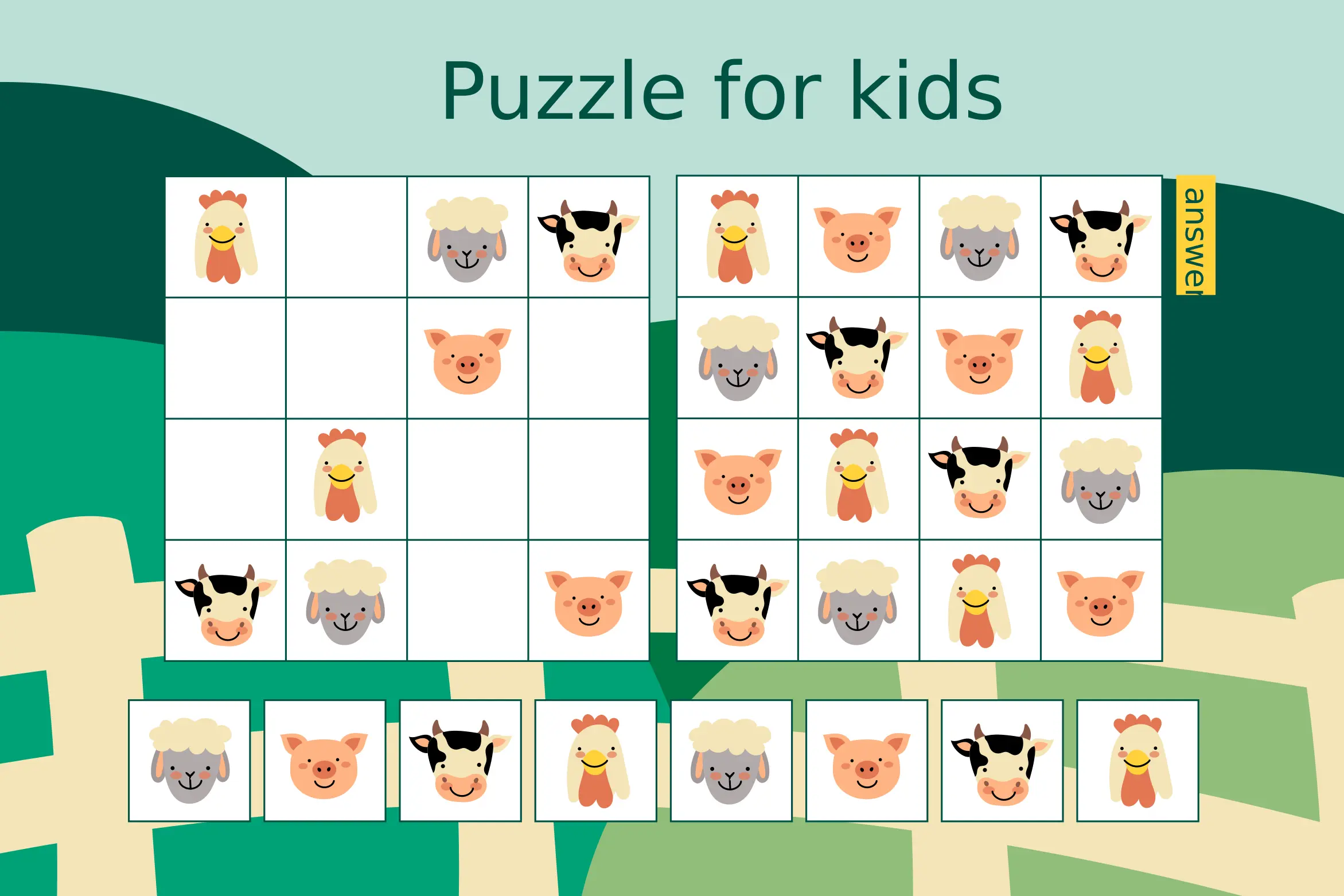What Are Puzzle Games & Why They Matter for the Mind in 2026
Puzzle games are digital or physical games that test your logic, pattern recognition, spatial reasoning, problem-solving, memory, or creativity. In 2026, these games are evolving: hybrid formats, offline + online modes, AI-driven adaptivity, immersive graphics, and more realistic difficulty curves make them more challenging and more rewarding.
For your brain, they offer benefits like improved focus, memory retention, stress relief, and sharper cognitive flexibility. As screen fatigue grows and people seek more meaningful leisure, puzzle games are one of the top genres gaining both downloads and loyalty.
Why Puzzle Games Are Especially Popular in 2026
Some emerging trends:
- Massive growth in downloads & revenue: Puzzle games saw ~48.9% YoY revenue growth and a 10-11% rise in downloads.
- High player loyalty: Puzzle players tend to stick around longer and engage more consistently than many other genres.
- Hybrid-casual / Block puzzle / Sort puzzle subgenres are leading in revenue among puzzle games.
What Types of Puzzle Games Will Challenge Your Brain
| Puzzle Type | What It Tests / Why It’s Hard | Examples / Notes |
|---|---|---|
| Logic & Deduction Puzzles | Requires reasoning, inference, and planning ahead | Sudoku, Minesweeper, constraint puzzles, etc. |
| Spatial / Physics-based Puzzles | Visualization, spatial memory, and hand-eye coordination | Portal, The Witness, games with 3D or physics mechanics |
| Word & Vocabulary Puzzles | Lexical retrieval, pattern matching, and language skills | Word search, crosswords, Scrabble-like games |
| Hybrid / Block / Sort Puzzles | Combine speed + strategy + visual recognition | Block puzzle games, sort puzzles, organize & pattern match under constraints |
| Creative / Rule-bending Puzzles | Adaptability, creativity, thinking outside the box | Games that change mechanics or allow meta rules (e.g., Baba Is You, or rule-modifying puzzles) |
How to Choose the Right Puzzle Game for Your Mental Workout
- Match difficulty level: Too easy → doesn’t challenge, too hard → gets frustrating. Look for games that adapt.
- Variety of puzzle types: Mix logic, word, spatial, and creative puzzles to work different parts of the brain.
- Offline vs Online: For focus and fewer distractions, offline games are helpful. But online adds social / competition/updates.
- Time investment & pacing: Some puzzles are bite-sized (5-10 minutes), others require longer sessions. Choose based on your daily schedule.
- Reward & feedback mechanics: Games that give feedback, track progress, and offer incremental challenges will help you improve more.
How to Incorporate Puzzle Games into Your Daily Routine
- Set aside a fixed “brain moment” daily — e.g., 10–15 minutes during morning or before sleep.
- Use puzzle games as a warm-up for the mind before focus-heavy tasks.
- Alternate puzzle types over the week: word puzzles one day, spatial puzzles the next, logic, etc.
- Keep a log of puzzles completed / time spent / improvements seen — helps with motivation.
- Use puzzle games during travel, breaks, and pauses rather than mindless scrolling.
FAQs
Will playing puzzle games improve my memory permanently?
Puzzle games can help improve working memory, attention span, and cognitive flexibility, especially when done regularly. They won’t guarantee permanent change, but contribute significantly over time.
Are puzzle games better on mobile or PC/console?
Each has pros. Mobile gives flexibility and convenience; PC/console can offer deeper visuals, larger puzzle formats, and sometimes better mechanics. Choose what fits your usage and comfort.
How much time per day should I spend on them?
Even 10-15 minutes daily can bring benefits. If you enjoy longer sessions, 30-60 minutes a few times a week, it’s also great. Consistency matters more than duration.
Can puzzle games reduce stress or anxiety?
Yes — many find them therapeutic. Games that allow you to focus, immerse, and gradually solve a challenge can act as a mindfulness tool. But if the game feels too hard or frustrating, it could have the opposite effect.
What are some recommended titles in 2026 I should try?
- Block/sort puzzle games that are trending in the hybrid-casual space.
- Word puzzle games (crosswords, word search, etc.) still have strong performance.
- Logic puzzles & creative mechanics games that change rules or formats.







